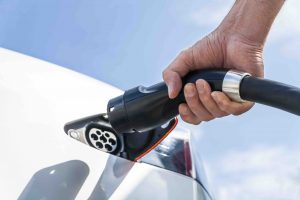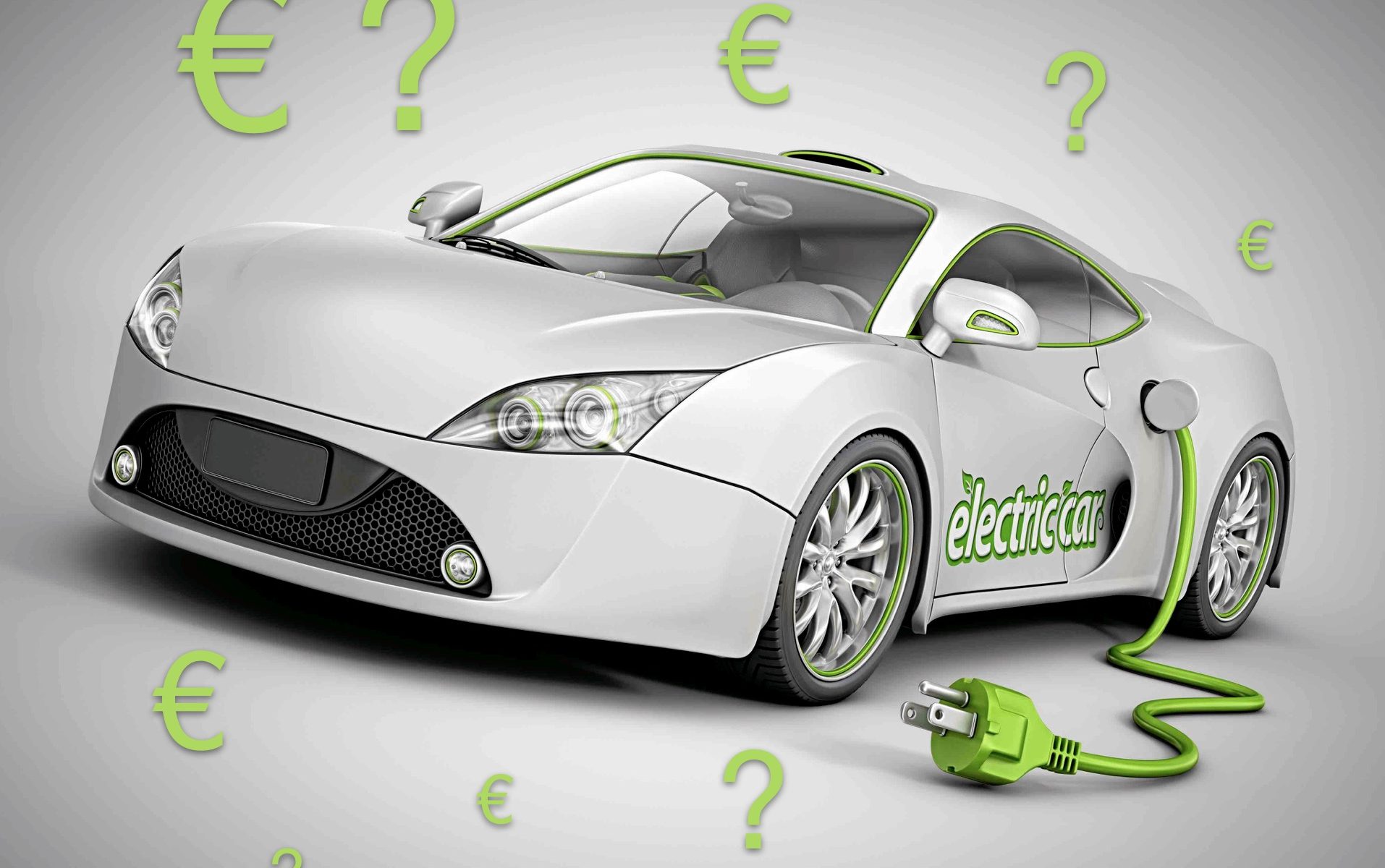Are electric cars worth the cash?
For some years now, the launch of pure electric cars with a compelling battery life and performance worthy of their internal-combustion cousins has piqued the interest of Luxembourg drivers. Electric cars are looking more appealing by the day and the environmental benefits are a given, but are they worth investment? Find out more with myLIFE!
When it will cost you
Electric cars are more expensive upfront than their petrol or diesel counterparts. It will naturally depend on the model and options you’re looking for, but city cars start at around EUR 20,000 and luxury models can exceed EUR 100,000. Though prices are falling and narrowing the gap, you will still have to shell out more for an electric car than one with an internal combustion engine.
On top of the initial cost, replacement batteries also drive up the price, with the cost of a battery varying considerably based on the vehicle’s energy capacity and model. You should expect to pay at least EUR 4,000 for a small urban model. But with an average lifespan of 1,000 to 1,500 charge cycles, i.e. around 10 to 15 years (at a rate of 15,000 to 30,000 km/year), you won’t need to worry about replacing it often. In addition, batteries are typically under warranty for the first eight years or 160,000 km and some manufacturers let you lease the battery rather than buying it. Plan to spend between EUR 70 and EUR 120 per month if you go down this route.
Lastly, if you believe that time really is money, charging an electric car can cost a fortune. Unlike a traditional petrol or diesel engine, it (currently) takes a lot longer than five minutes to “refill”. Between rapid charging stations that charge to 80% capacity in 20 to 30 minutes and household outlets that take 6 to 24 hours for a full charge (depending on whether or not you have a home EV charger), you’ll need patience and an ability to plan ahead. Fortunately, the industry continues to progress on bringing charge times down.
What it will save you
It goes without saying that you’ll save a lot of money on fuel. Generally, 100 km in an electric car costs around EUR 3, compared with at least EUR 7 for diesel engines (which are already cheaper than conventional petrol engines). This means you can cut your fuel costs in half at least! What’s more, you have a supply right in your own home. Remember, you can use the same electricity to charge your car that you use to heat your oven or cool your refrigerator – there’s no need to change your set-up.
Electric cars have lower maintenance costs, as you don’t need to replace the motor oil, filters or exhaust pipe, and there’s no wear and tear from internal fuel combustion.
Electric cars also have much lower maintenance costs, simply due to the fact that you don’t need to replace the motor oil, filters or exhaust pipe, and there’s no wear and tear from internal fuel combustion. Yearly oil changes are a thing of the past, saving you around EUR 100 each, or indeed more.
The most important part of your electric car – and one that you’ll have to keep a close eye on – is, of course, the battery. The good news is that general wear and tear is much lower with electric cars than petrol or diesel, for the same number of kilometres.
Green means GO
Environmental friendliness is probably the main reason for choosing an electric car. They are non-polluting, emitting neither fumes nor particles into the atmosphere, and thereby protecting the environment. This is why, until 31 March 2024, the Luxembourg state is offering a subsidy of between EUR 3,000 and EUR 8,000 to anyone purchasing a pure electric car. A nice little incentive!
Not only are electric cars better for your lungs, but your ears and nose will appreciate less smelly exhaust and noise pollution in urban areas. In fact, these cars make so little noise that others on the road might not even realise you’re there if they’re not paying attention. It’s therefore important to remain aware of your surroundings (though we shouldn’t need to tell you this, electric car or not).
Lastly, electric cars can help reduce our ‘mental pollution’ – stress! While it’s not entirely scientific or quantifiable, one could argue that they are simply less hassle than petrol or diesel cars. No more engine trouble on frosty mornings, and no more stalling on hill starts (no more gearbox at all).
The only downside: expired lithium batteries are a real environmental hazard. Optimal recycling solutions have yet to be developed.
Still idling on battery life and charge time
Battery life is still the main sticking point for consumers interested in buying an electric car. Though technology has made significant strides and electric cars can now theoretically go 200 km–600 km on a single charge, the fear of running out of energy is still ingrained in consumers’ minds. In addition, driving aggressively or using systems like the radio and air conditioning can cause the actual battery life to plummet far below that advertised by manufacturers. In the end, slow and steady really does win the race!
Achieving sufficient battery life across all models and installing more rapid charging stations should solve the problem, but there is still a long way to go. In the meantime, the most you can do is charge the battery regularly.
But how long does it take to charge an electric car? There is a huge difference between single-phase and three-phase, but you can estimate the charge time yourself if you know your battery power (in kilowatts), i.e. the voltage (in volts) multiplied by the current (in amps). For example: 230 V x 16 A = 3,680 W or around 3.7 kW. Then you divide your battery capacity (in kilowatt-hours) by the power (in kilowatts) to get the approximate charge time (in hours). For example: 26 kWh / 3.7 kW = around 7 h.
The charging cable you receive when you buy your car has a mechanism that reduces the current flowing through it to prevent overheating. This means it will take longer to charge, but it’s for your own safety.
The charging cable for standard outlets, which you’ll receive from the manufacturer when you buy the car, has a mechanism that reduces the current flowing through it to prevent overheating. This means it will take longer to charge, but it’s for your own safety.

Electric cars in Luxembourg
How does Luxembourg feel about electric cars? Here are some statistics to give you an idea. Luxembourg has:
-
- More than 23,700 electric vehicles on the roads
- More than 700 public charging stations
- EUR 8,000 tax subsidy with the purchase of a pure electric car
- A government objective of 49% for electric cars by 2030
From a purely environmental standpoint, buying an electric car is obviously a great idea! However, from a financial standpoint, it’s how you use your vehicle that will determine whether or not it pays off. There’s no reason you can’t take the middle road and choose a hybrid car, or perhaps even use an electric car for your commute, and petrol or diesel for weekend getaways. No matter what you decide, buckle up and drive safely!


 Mortgage
Mortgage Personal loan
Personal loan Savings
Savings